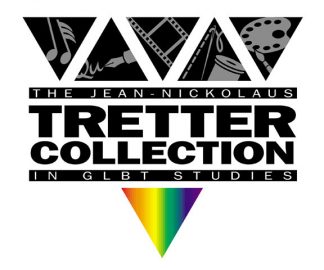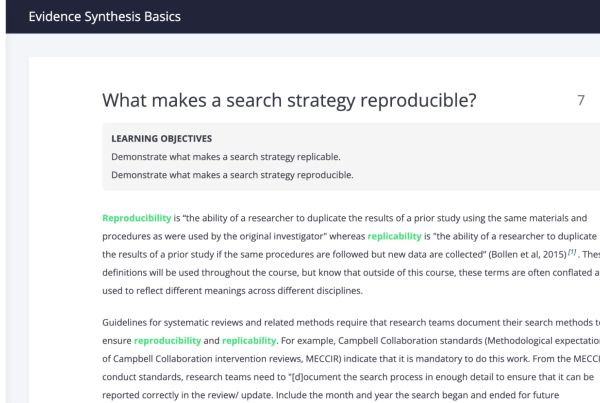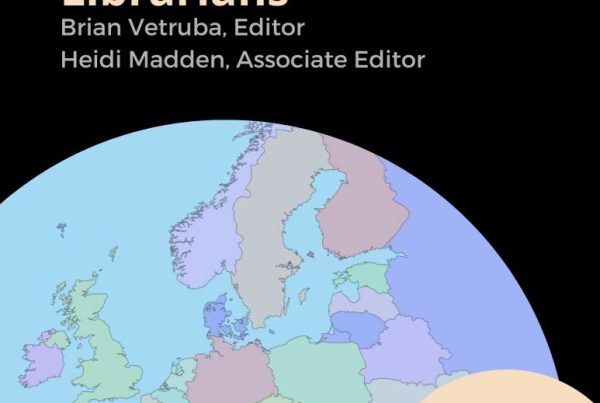The University of Minnesota will partner with Coursera, a leading massive open online course (MOOC) platform, to develop free online courses as part of the university’s efforts to improve teaching and learning through technology.
The role of Libraries staff
Members of the University of Minnesota Libraries eLearning staff have begun preliminary work related to readings/content that might be selected for the five MOOC courses.
This includes looking at processes for assessing the use of copyrighted materials and consulting with faculty members on such issues as licensed use, fair use, and related issues.
In collaboration with the Office of Information Technology, Libraries’ team members consulted with faculty members on course topics and on the scripting and production of their introductory videos.
The Libraries eLearning staff includes Shane Nackerud, Kristi Jensen, and Nancy Sims.
“We’re excited by the opportunity to explore innovative ways of using e-learning to extend the reach of University of Minnesota educational offerings across the state, nation and globe,” said University Provost Karen Hanson. “This partnership will give people from around the world the opportunity to learn from the U’s world-class faculty at a time when we are working harder than ever to increase access to higher education, reach broader audiences and strengthen our land-grant mission.”
Coursera, which launched in April 2012 and was co-founded by two Stanford computer science professors, provides an interactive learning experience. Effective teaching strategies are combined with video lectures, interactive content and a global community of peers to offer students a unique online learning experience. The platform enables professors to teach tens or hundreds of thousands of students per course. To date, Coursera has registered more than 2.7 million users and is seeing approximately 1.45 course enrollments per month.
“I applaud the University of Minnesota for taking advantage of emerging technologies to provide high-quality educational experiences,” said Larry Pogemiller, director of the Minnesota Office of Higher Education.
At this time, the University of Minnesota does not provide credit for the completion of MOOCs. The university is working on a process that would allow currently enrolled U of M students to earn credit for completion of U of M offerings from Coursera by integrating them with existing academic courses.
Hanson said the nonexclusive partnership will inform the university’s long-term strategy for e-learning, to improve learning outcomes and course availability. In addition to MOOCs, the U of M e-learning strategy includes improving undergraduate teaching and learning by targeting selected programs and courses for enhancement and redesign. The strategy also aims to provide graduate and professional students with alternative access to select post-baccalaureate programs by offering them in online or blended formats, which combine face-to-face classroom methods with technology-supported learning.
Coursera course design is grounded in research-based pedagogical foundations that are proven to contribute to student learning and engagement. The U will draw from the experience of students enrolled in its MOOCs to enhance curricula, pedagogy and course design, researching how people learn.
Five University of Minnesota faculty members plan to offer Coursera courses:
- Professor Chris Cramer, College of Science and Engineering, “Statistical Molecular Thermodynamics”
- Assistant Professor Jason Hill, College of Food, Agricultural and Natural Resource Sciences, “Sustainability of Food Systems: A Global Life Cycle Perspective”
- Assistant Professor Karen Monsen, School of Nursing, “Interprofessional Healthcare Informatics”
- Associate Professor Michael Oakes, School of Public Health, “Social Epidemiology”
- Professor Peggy Root, College of Veterinary Medicine, “Canine Theriogenology for Dog Enthusiasts”
Faculty members across other disciplines are developing additional courses to be offered beginning in fall 2013.
Coursera will not charge the University of Minnesota for hosting its courses, and the U will retain the rights to course content. The U may repurpose its Coursera content to enhance traditional course offerings for enrolled, credit-seeking students.
Earlier this month, the American Council on Education (ACE) announced that four undergraduate courses offered through Coursera are eligible for ACE credit recommendations if students take an identity-verified, proctored exam. These are the first MOOCs approved for college credit. However, credit is granted at the discretion of each institution.
The University of Minnesota is one of four Big Ten institutions joining with Coursera today (Northwestern University, Penn State University and the University of Wisconsin). Three other Big Ten peers (University of Illinois, Ohio State University and University of Michigan) currently offer courses through Coursera, as well as the University of Maryland, which becomes part of the Big Ten Conference in 2014.
For more information on the University of Minnesota’s e-learning strategy, visit academic.umn.edu/provost.
For more information on Coursera, visit coursera.org.




